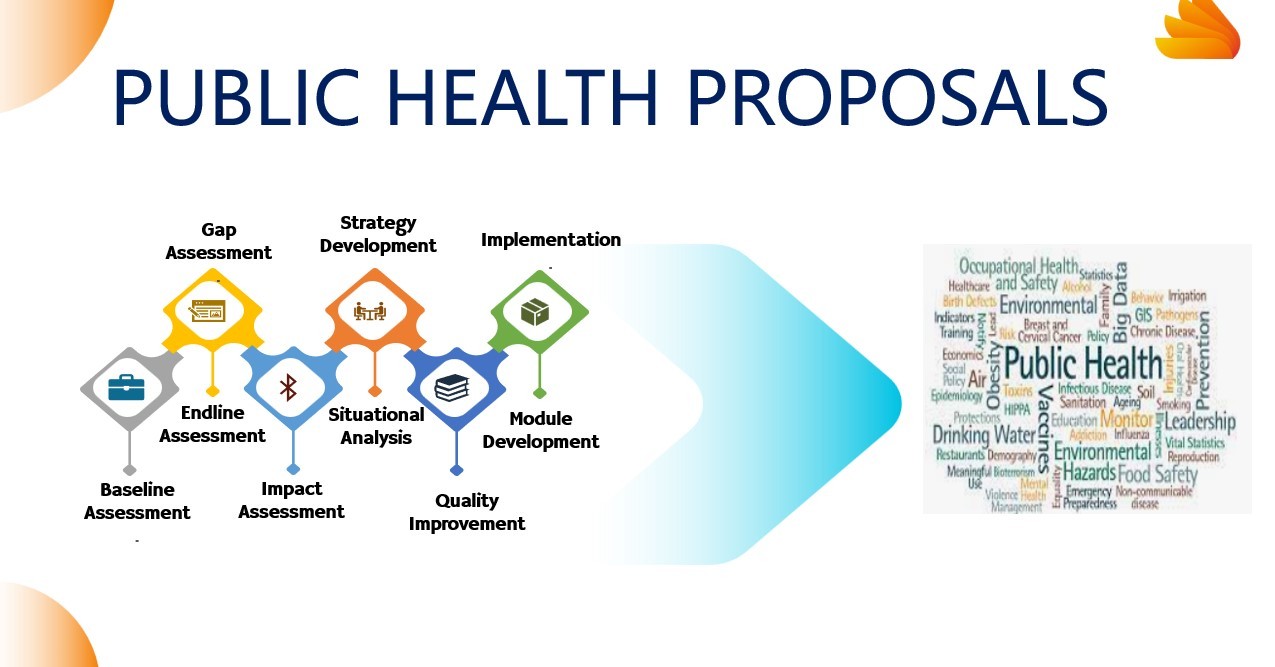Crafting Tomorrow’s Wellness: Health Policy Development
In the intricate web of healthcare, the development of health policies emerges as a cornerstone, shaping the future landscape of wellness. Delving into the realms of strategy, innovation, and societal impact, health policy development is a dynamic process that goes beyond bureaucratic frameworks.
Setting the Vision: The Foundation of Health Policy
Health policy development begins with setting a visionary foundation—a compass that guides the direction of healthcare initiatives. It involves defining overarching goals, whether it’s enhancing access to care, improving health outcomes, or addressing specific public health challenges. This initial step is crucial, as it shapes the entire trajectory of policy formulation.
Evidence-Based Strategies: Guiding Principles in Decision-Making
At the heart of health policy development lies the commitment to evidence-based strategies. This involves a meticulous examination of data, research findings, and expert insights to inform decision-making. The goal is to ensure that policies are not only well-intentioned but also rooted in a solid understanding of what works best to promote health and well-being.
Explore the dynamics of Health Policy Development for a comprehensive understanding.
Stakeholder Collaboration: Orchestrating a Collective Approach
Effective health policy development requires the orchestration of a collective approach. It involves collaborating with a diverse range of stakeholders, including healthcare professionals, community organizations, policymakers, and the public. This collaborative effort ensures that policies are inclusive, reflective of varied perspectives, and capable of addressing the multifaceted nature of healthcare challenges.
Public Engagement: Empowering the Voices of the Community
Empowering the voices of the community is a key tenet of health policy development. Policies are most effective when they resonate with the needs and aspirations of the people they serve. Actively engaging the public in the development process not only ensures that policies are informed by real-world experiences but also fosters a sense of ownership and trust in the healthcare system.
Innovation Integration: Navigating the Frontiers of Healthcare
As healthcare evolves, so must health policies. Innovation integration is a crucial aspect of policy development, involving the exploration and incorporation of cutting-edge technologies, healthcare delivery models, and scientific advancements. This forward-looking approach ensures that policies remain relevant, adaptive, and capable of addressing emerging health challenges.
Resource Allocation: Balancing Priorities for Maximum Impact
Resource allocation is a delicate balancing act in health policy development. It requires a strategic approach to ensure that limited resources are allocated in a way that maximizes impact. This involves prioritizing interventions based on their potential to improve health outcomes, reduce disparities, and enhance overall healthcare efficiency.
Legal and Ethical Considerations: Upholding Integrity in Policies
Upholding integrity in health policies involves careful consideration of legal and ethical dimensions. Policies must adhere to legal frameworks while also ensuring that ethical principles such as justice, autonomy, and beneficence are honored. Striking this delicate balance is crucial for creating policies that not only withstand legal scrutiny but also garner trust and respect.
Adaptability to Changing Needs: A Dynamic Policy Environment
Health policy development exists within a dynamic environment, marked by evolving health needs and societal changes. Policies must be adaptable to these shifts, capable of responding to emerging challenges and seizing new opportunities. This adaptability ensures that health policies remain effective and responsive to the ever-changing landscape of healthcare.
Implementation Strategies: Bridging Policy and Practice
Bridging the gap between policy and practice requires thoughtful implementation strategies. Effective policies can only fulfill their potential when translated into action on the ground. This involves developing clear implementation plans, mobilizing resources, and fostering a collaborative environment that supports the successful execution of policy initiatives.
Monitoring and Evaluation: Iterative Improvement for Impact
The journey of health policy development doesn’t end with implementation—it continues with monitoring and evaluation. This iterative process involves assessing the impact of policies, identifying areas for improvement, and making necessary adjustments. It ensures that policies remain effective, relevant, and capable of delivering meaningful outcomes for the well-being of individuals and communities.
Embark on a journey into the world of health policy development, where vision, collaboration, and adaptability converge to shape the future of healthcare. It’s a realm where crafting tomorrow’s wellness is not just a goal but a dynamic process that involves the collective efforts of policymakers, healthcare professionals, and the community at large.

